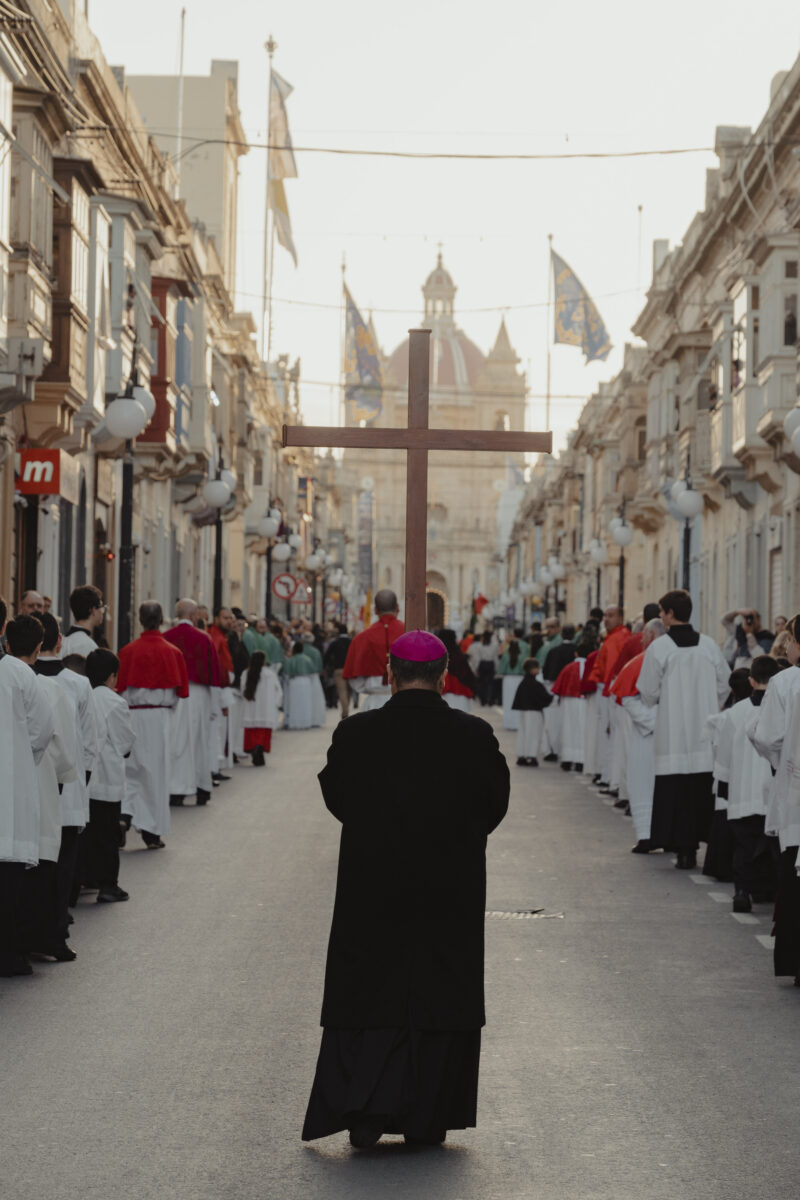This course is eligible for the Get Formed! scheme, allowing students to reclaim 70% of their course fees upon completion. For more information, visit: https://pfi.edu.mt/get-formed/.
This course explores the Synoptic Gospels—Mark, Matthew, and Luke—which are often studied together due to their common heritage. In contrast, the Gospel of John belongs to a markedly different tradition and emerged later.
Students will delve into the history and character of these Synoptic Gospels, gaining an appreciation for the styles and themes that are both common and unique to each. This knowledge will be applied through systematic analysis of relevant passages from these three Gospels.
By integrating the content and skills acquired during this course, students will be able to interpret Synoptic passages with greater depth, meaning, and accuracy. They will also learn to recognise and avoid common errors in Scriptural interpretation. Above all, students will grow in their passion for Christ as revealed in the Word.
- Pastoral Workers involved in Ministry of the Word.
- Christians committed to continual growth in their relationship with God, who, however, have little to no experience in the formal study of the scripture.
Target Audience Age: 18+
Students have the option to join this course online via Zoom
| Session |
| Gospel According to Mark |
| Gospel According to Matthew |
| Gospel According to Luke |
| The Two-Source Hypothesis |
| The Two-Source Hypothesis (Application) |
This course has three exit certificate options:
1. Certificate of Attendance
The student will receive a Certificate of Attendance when attending a minimum of 80% of all contact hours for this course.
2. Certificate of Participation
The student will receive a Certificate of Participation when attending a minimum of 80% of all contact hours for this course and pass from short multiple-choice exam.
3. Certificate of Achievement
To obtain a Certificate of Achievement, students must attend a minimum of 80% of all contact hour and pass from a short multiple-choice exam and written assignment.
Language: Applicants must be proficient in both Maltese and English.
Digital: Applicants must be digitally literate particularly, in use of office suites and internet access.















